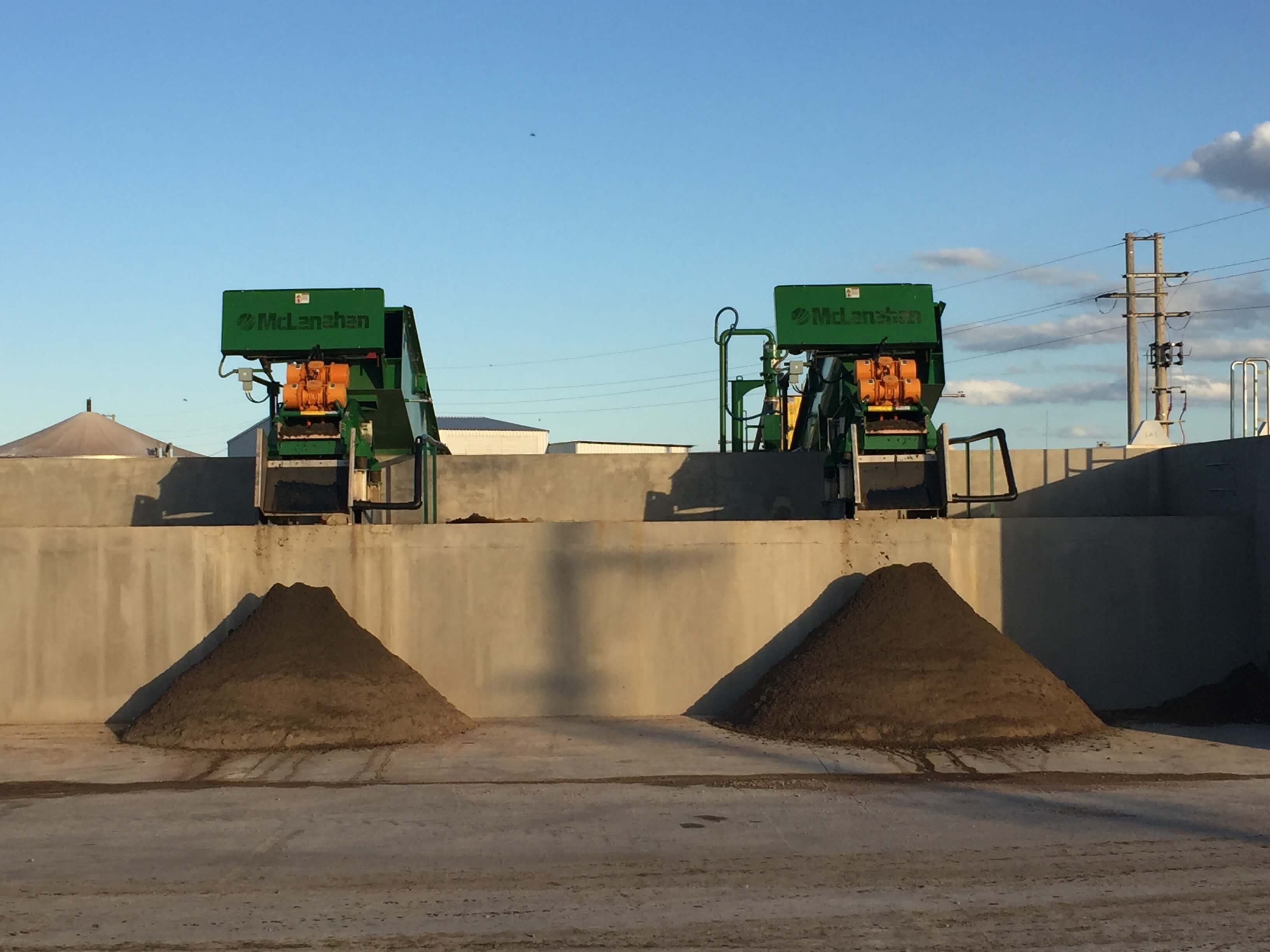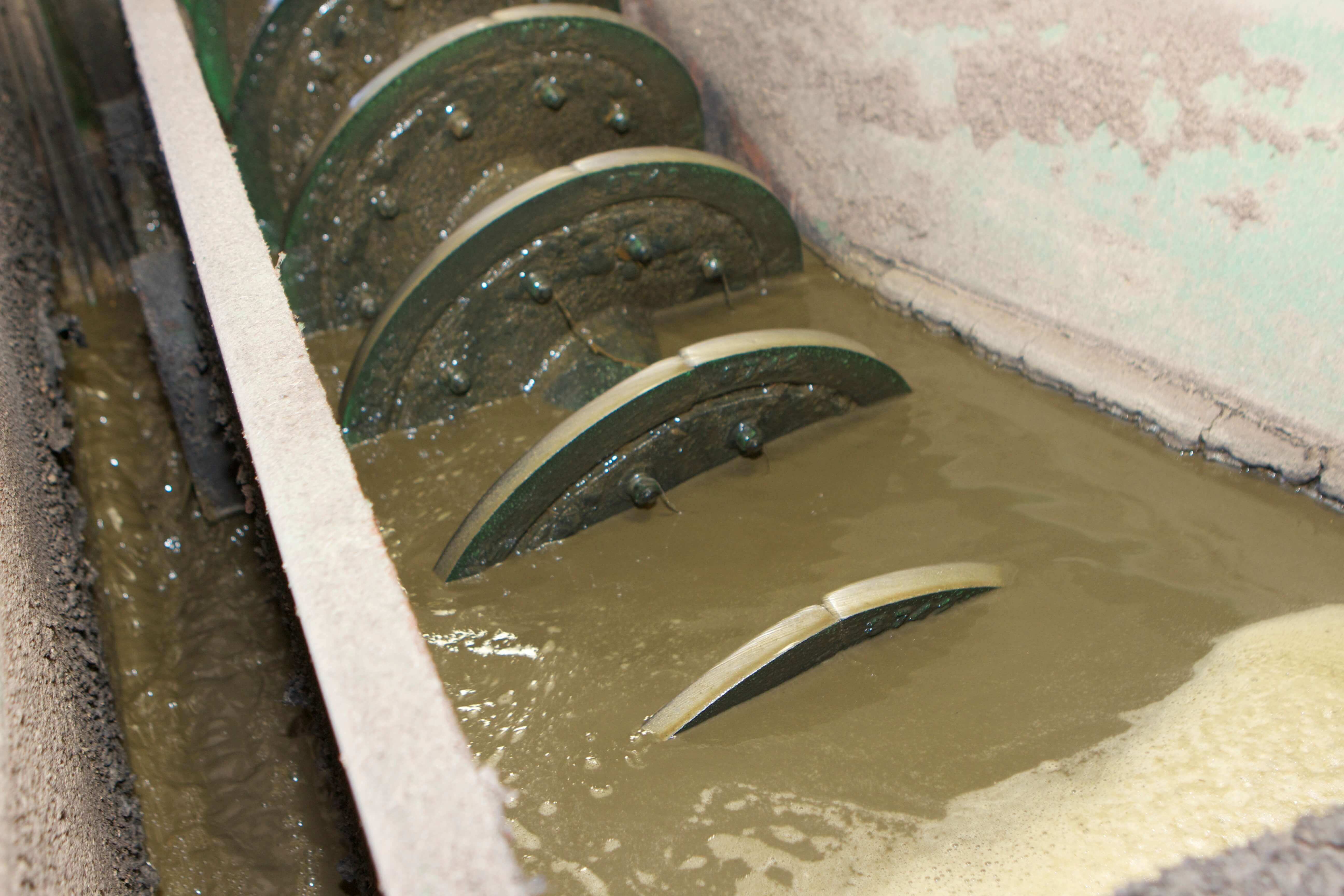Importance of Dry Bedding
Clean, dry bedding hinders the growth of the mastitis-causing pathogens that are harmful to a cow’s heath and can increase somatic cell count. Since bacteria need food, heat and moisture to survive, dry bedding reduces the ability for it to foster bacteria growth and extends the life of the bedding material. It also keeps the cow clean. Stalls that are bedded with an adequate depth of sand encourage the cow to lie down and rest, reduce the cow’s chances of injuring her knees as she lies down, decrease the compaction of the material, and lessen the chance the cow’s teats will become chapped or come into contact with bacteria. This is especially important since cows should lie down for up to 14 hours per day for maximum milk production.
Bedding and bedding management directly relate to overall cow comfort, health and milk production, and regular freestalls maintenance will help to keep the cows clean and comfortable. Many well-maintained dairies have controlled the mastitis cases in their cows just by keeping their stall environments clean, dry and well-bedded.
Regular stall maintenance is an important part of bedding to increase cow comfort and reduce mastitis cases. Stalls should be groomed several times a day, and the manure and soiled bedding should be removed and replaced with clean, dry bedding. All bedding should be replaced once a week, though organic bedding materials should be replaced more frequently.
Alleys, too, should be cleaned at least twice a day so the cow doesn’t drag soiled sand and manure back into the stall.
Keeping the bedding free of manure and moisture reduces the opportunity for the cow’s teats and udders to become exposed to bacteria while they are lying in their stalls.
Besides creating cleaner, healthier cows, employing a good bedding management strategy can yield higher quality milk with lower somatic cell counts, which leads to increased profitability for the dairy producer.



